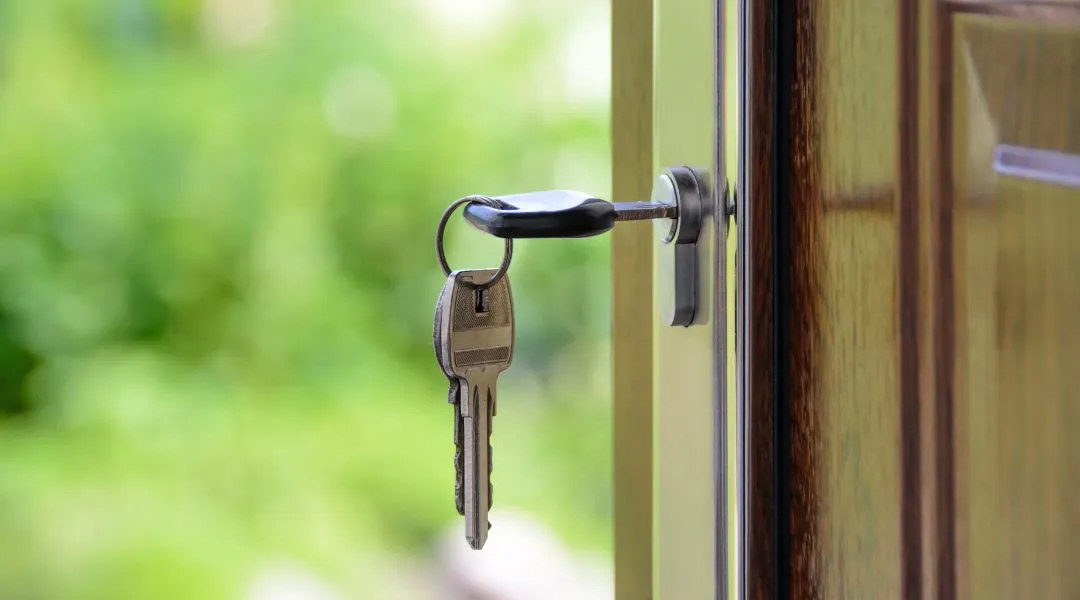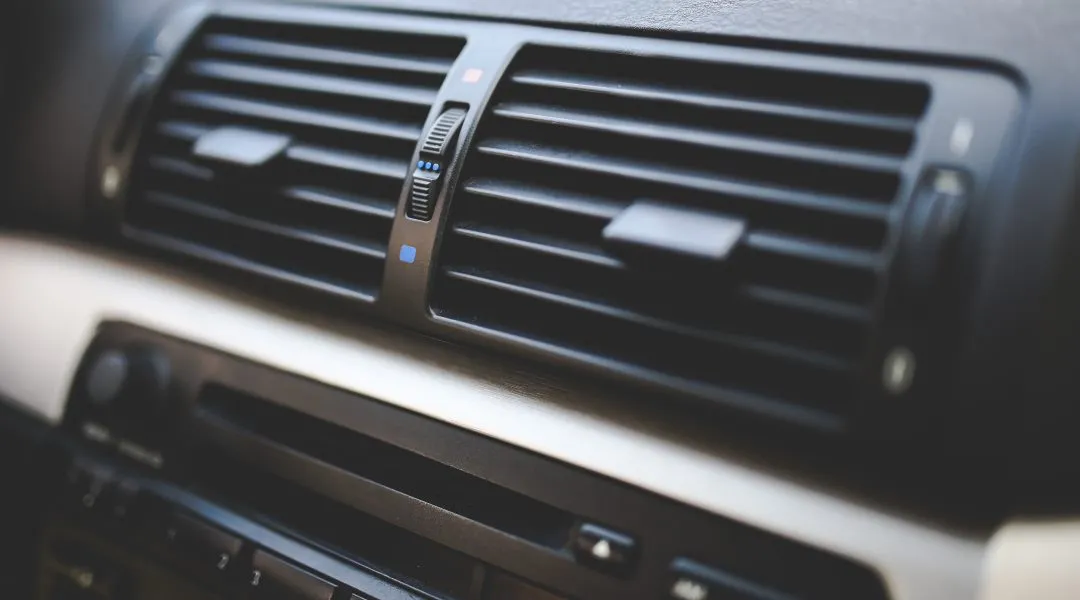Renewable energy provider Tonik Energy is on hand to provide homeowners with the necessary tips to reduce your energy use, while also revealing the so-called hacks that are actually no use.
A big culprit here is linked to 'vampire energy' - this is where electrical appliances are left plugged into the wall when they're not in use. Phone chargers are especially culpable for this, costing residents as much as £80 a year in unused energy, working out at around £6,500 over a lifetime - pricy, eh?

Making sure you keep your fridge and freezer full also proved to be an effective way of storing energy, as a stocked fridge freezer regulates temperatures far more efficiently than an empty one. This doesn't mean buying food you don't need; instead fill the space with bowls, water jugs and ice trays to ensure cold air doesn’t escape.
Are you considering leaving the heating or hot water tank on as a way of saving energy and money? If so, you may think it's cheaper to keep it running as opposed to turning it off and on again, but you would be wrong. In fact, it's more efficient and cheaper to turn it on, as and when it's needed, and to shut it down when you've finished.
Having an electric space heater will also get called out for being an awful way to use energy. It’s a common misconception that these provide a cheaper way to warm only one or two rooms but, these would use just as much energy as warming the entire house with radiators. Instead, you could be better served to have the heating on and turning off the radiators in rooms you don't want on.
For more practical tips and shopping guides, check out our expert advice for the best energy-saving tips as well as a round-up of the best energy efficient lightbulbs and best eco kettles.
Energy-saving myths:
- It's actually not cheaper to have the heating or hot water tank on all day; instead, turn it off and on as and when the opportunity to do so arises.
- An electric space heater rarely presents you with the chance to save money and energy; instead, you're better served to turn on the heating and stop the radiators in the rooms you don't intend to use.
- Do you want to cool your room? Well, don't use a fan. They use a lot of energy as they push warm air around. Instead, you're better served to close your curtains or draw your blinds to prevent direct sunlight entering.
- Fewer clothes per wash does not actually save energy. You're instead better served to use a full load as it uses less energy in comparison to two half loads.
- A screensaver on your computer is a good way to minimise energy use and protects your device yet advances to our monitors pretty much makes this a redundant hack.
- It's often cheaper and more efficient to use a dishwasher instead of doing them by hand; newer models use less water and energy in comparison to the older versions.
In comparison, try these:
- You could save hundreds of pounds a year by plugging gaps in your home. This includes keyholes, letter boxes and chimneys if you have one. Just ensure you keep it well ventilated if it needs it!

- An electrical appliance left plugged into the wall uses valuable energy in what is known as 'vampire energy'. Phone chargers are a big culprit of this, more so than other devices such as laptops, tablets and bedside lights.
- When you're replacing appliances, look at the energy-efficiency ratings on what you're considering buying. It's easy to make up the difference by spending more and then saving money on energy in the long run.
- When using a tumble dryer, include a dry towel - it's great for absorbing excess damp and lets you use your appliances for half the time.
- Having a full fridge and freezer will use less energy as it means you can regulate the temperature in a much easier way. Simply fill the appliance with bowls and jugs of water instead of purchasing additional goods for the sake of it.
- Keeping the car cool is an interesting game; when you're driving at a slower speed, you're better off winding down the window, and turning to the air conditioning when you're topping 60pmh.

- The location of your thermostat has a significant impact on energy wastage in your home. If it's positioned above a heat source, including a radiator or by a regularly opened door, it may give you a false reading.
Just make sure the thermostat is positioned somewhere where it doesn't get impacted on by other heat sources, otherwise it may work harder than necessary to warm your home.
